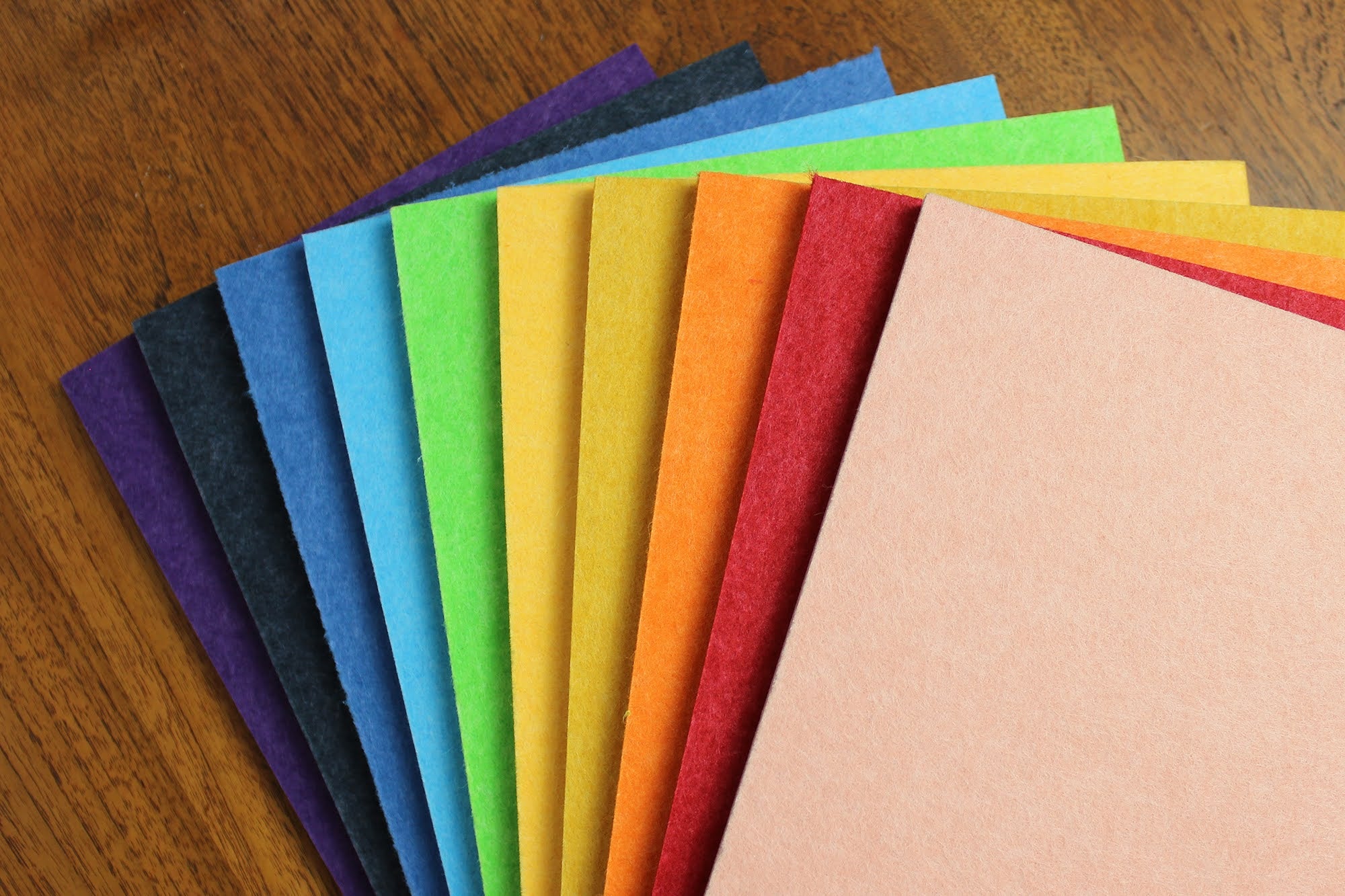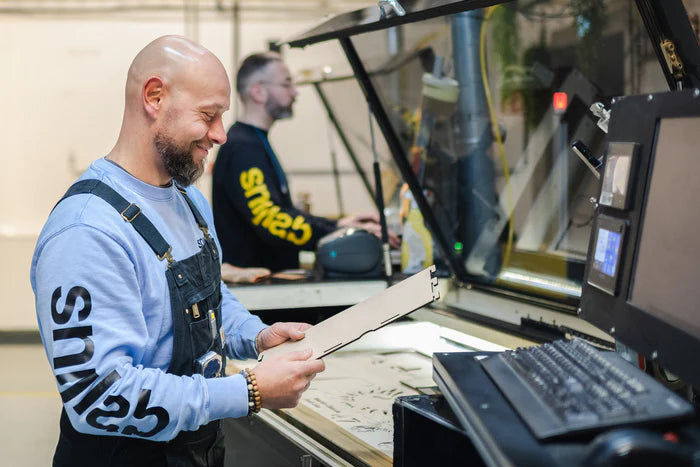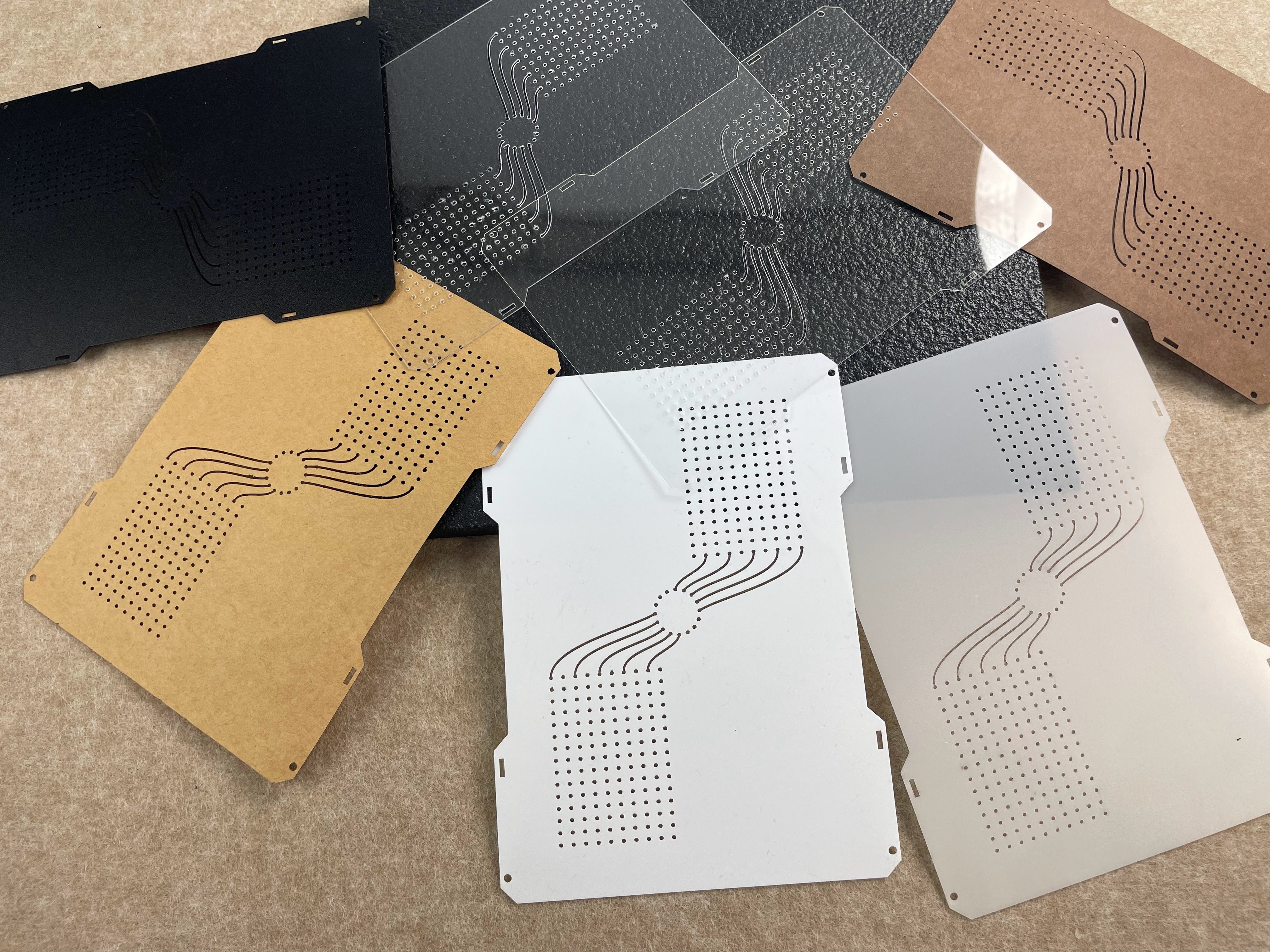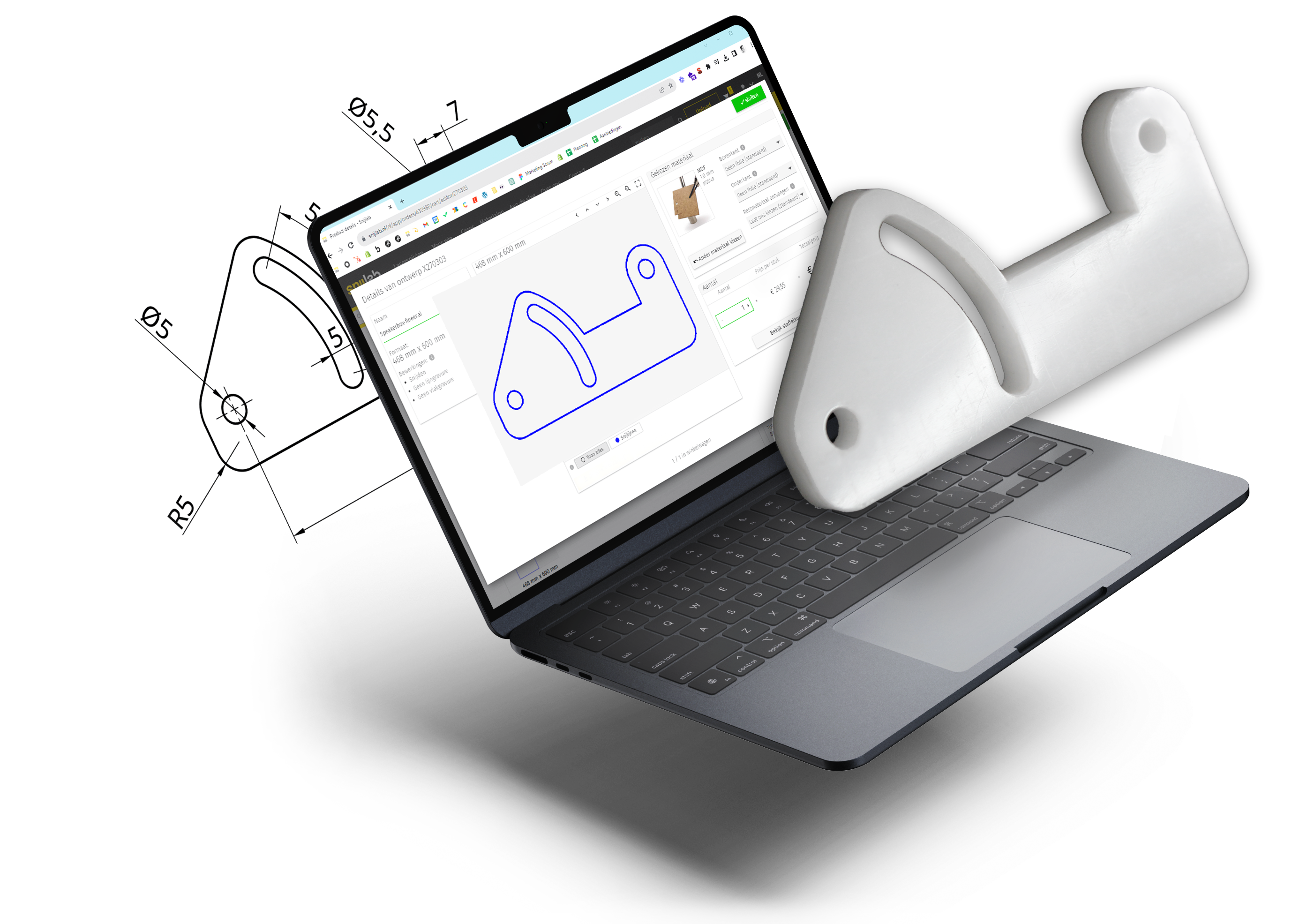At Snijlab we understand how crucial it is to choose the right materials for your product. However, sometimes you want to test several designs first without using the most expensive material right away; this is also certainly not always necessary if you are making a scale model or just want to test a prototype.
Prototyping is an essential step in the design process, no matter what industry you are in. It allows designers, engineers and creative professionals to make their ideas tangible, identify potential problems and improve them before they go to manufacturing . By prototyping and testing, engineers can identify and solve problems before they occur in the final product, saving costs and improving overall quality.
Whether you are a new customer exploring our laser cutting service or an existing customer looking to have a new creation made, we are here to guide you to the best choice of materials for your product. Here are our material tips for prototyping.
MDF

At Snijlab , our focus is on providing flexibility and speed, and that includes our materials. MDF, available in various thicknesses from 1 to 9 mm, is a widely used option for prototyping because of its versatility and, most importantly, its affordability. Whether you want to cut a fine detail or need a sturdy prototype, MDF can meet your requirements.
Corrugated cardboard

Corrugated cardboard is widely used for design sketches. With thicknesses of 1.5mm and 3mm, it offers a lightweight and cost-effective option for rapid prototyping. Perfect for concept validation or testing ideas before moving to more durable materials.
Fast delivery
In the prototyping phase of a design process it is nice if you can make iterations quickly. At Snijlab you choose your own delivery time, with the fastest delivery time you will have it the next day. So you can quickly continue with your design.
Read more about delivery times here
Please feel free to contact us for more information or for advice on your choice of materials. We look forward to hearing from you!

















































